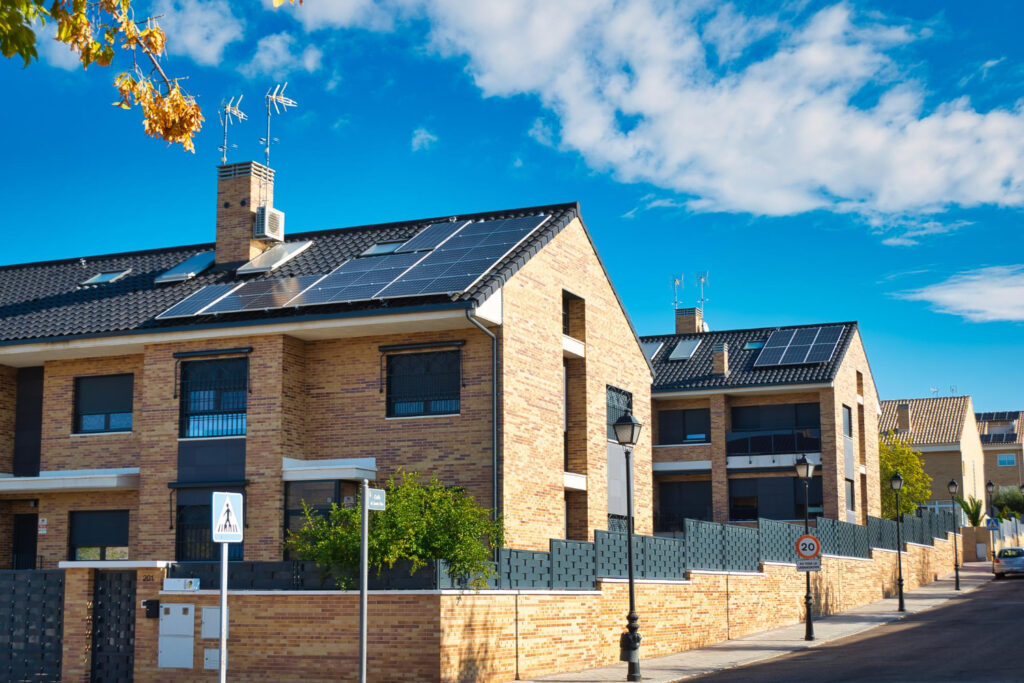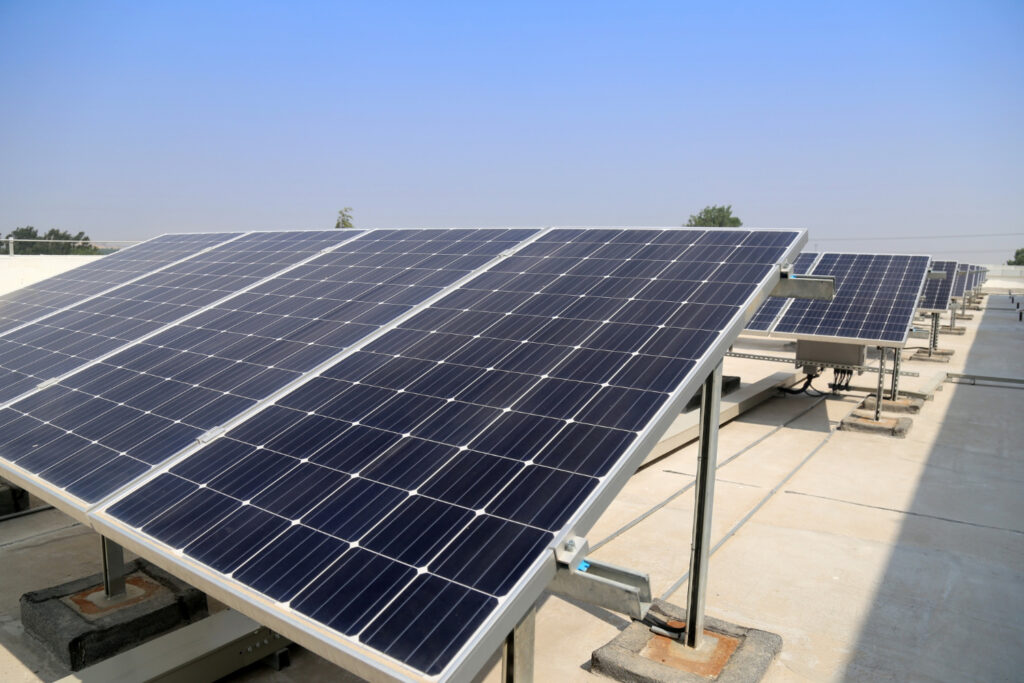Five reasons why installing care home solar panels should be a priority for 2024
-
By
upssolar
Care home managers must balance many different financial, commercial and healthcare-led areas of work. On top of that, they must put the needs of their residents and their families first, as well as work in harmony with the local communities. A major concern of many stakeholders in the past few years has been working sustainably to help combat climate change and reduce reliance on finite fuel sources. This is where care home solar panels can be a highly desirable addition to a residential care business.
Care home solar panels and the bottom line
Many care homes are feeling the financial squeeze right now. Winter is an expensive time, as heating bills will inevitably increase, as well as medical care for vulnerable residents finding the colder conditions more harmful to their overall health. Installing care home solar panels can help reduce overheads around energy bills. Being able to store any electricity not used straight away in a battery can also help keep costs of electricity used during duller days and at night more manageable. What’s more, any surplus electricity that your care home will not need can be sold to the National Grid to help even more with finances and longer-term budgeting.
Communications, marketing and care home solar panels
More and more businesses are waking up to the marketing and communications advantages of visibly pursuing a more sustainable way of operating. In the same way, care home solar panels can really help managers show potential and existing residents and their families that they are not simply paying sustainability lip service. Installing visible care home solar panels on the roof of the building sends a powerful message to visitors. Talking about how a care home is generating greener energy makes for a compelling marketing campaign. Care home solar panels could even provide that sought-after ‘edge’ over competitors who have not yet taken the decision to invest.
Care home solar panels and the wider community
Sometimes, when one business in a community makes a move towards more sustainable operations, other will follow their lead. Solar panels can be easily spotted on a roof or flat surface and can generate a lot of interest locally. Likewise, they can be a source of education for local schools, other care homes and community groups, who could be interested in talking to you and your team about the benefits that you are experiencing. Another way to help the wider community is to sell any surplus electricity to the National Grid. This helps reduce pressure on the fossil fuels needed to produce energy for conventional energy suppliers.
Future proofing care homes with greener energy
Another reason why care home solar panels are a good idea is to prepare for future advances in energy generation. We are seeing ever increasing involvement of renewable energy sources in the way we power our lives. From electric cars to heat pumps and solar panels, technology and systems once considered quirky or off-beat are becoming conventional and accepted as the norm. If you have care home solar panels already installed when the time comes for you to sell the business, this can be a big advantage. Care homes traditionally use a high amount of electricity, especially when it comes to heating and lights. As legislation moves with the times too, to incentivise renewable energy initiatives, you will already be in position to benefit from grants and avoid having to make changes rapidly at a greater cost in order to comply with new green laws.
Using care home solar panels to inspire other green initiatives
Finally, the benefits that solar panels bring can often lead to other green living alterations to care homes’ operations. For example, saving water by installing eco showers and tap aerators and collecting rainwater. Switching to smart radiator valves, ventilation and heating controls and exterior lighting to save energy. Other areas include encouraging staff to use electric cars, or changing to electric or hybrid minibuses or coaches for daytrips. Other energy saving ideas inspired by care home solar panels could also include renewing or adding to insulation and plugging gaps under doors and around windows. You could also encourage staff and residents to recycle more by providing plenty of marked bins to help people work out where to put their rubbish.




